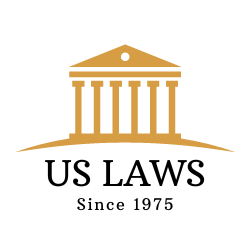US Privacy law in detail
As the United States is a large country, there is no single privacy law that would enable all organizations to comply with it regarding data and information protection.
The rules and procedures vary from state to state, so it is important to keep abreast of the peculiarities of each state and the latest changes to the law.
Below we are going to give you a quick look into federal laws that cover data and personal information protection.
Online Security
It is no secret that we spend a lot of time on the Internet and leave our informational traces there that can be later used by businesses to advertise or even steal personal data.
For this reason, the US government enforced a law that obliges businesses to treat sensitive data carefully. Some cases have already been tracked by the Federal Trade Commission, and several lawsuits have taken place. You will be surprised to know that Google was pleaded guilty of presenting its privacy policies in a misleading way!
GDPR standards
General Data Protection Regulation is a law that is effective in the States and the EU and has been functioning since 2018. This law implies that any data that is collected by an organization has to be secure, transparent, and agreed with by the person providing it.
One of this law’s requirements is to employ a data protection officer, who will take care of all the procedures related to data and information collection and storage.
There is also a local law in California, the California Consumer Privacy Act which is effective for businesses in the state only.
Medical information protection
The Health Insurance Portability and Accountability act came into effect in 1996 and applies to hospitals, insurance companies, and other medical organizations. This act implies that all health information that is shared with healthcare providers (including treatment and payment) needs to be safely protected.
On top of that, patients can edit and make changes to their medical records if they believe that the information provided here is incorrect.
Protecting children online
Children’s Online Privacy Protection Act safeguards kids who are younger than 13 years old. This act oversees that any information that is collected or disclosed from children is protected.
Websites and online services need to issue privacy policies that will explain in detail the ways they will collect, store and use the information about children and they also have to make sure that they have parental consent before dealing with any type of information they gather from minors.
